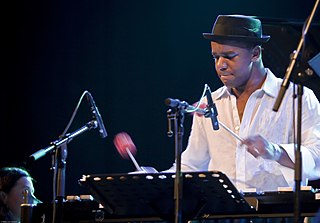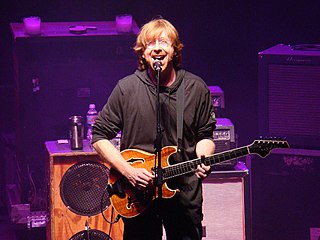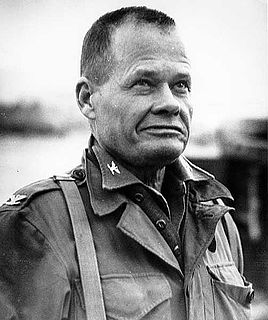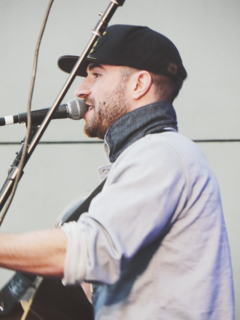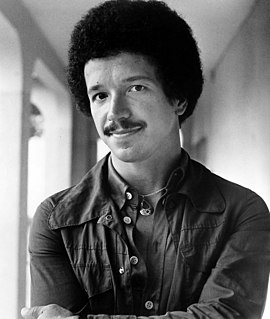A Quote by Stefon Harris
I don't really see huge barriers between any styles of music. My definition of music is "organizing sound and silence into emotion," and that's a very broad definition.
Related Quotes
Never sound pompous. You always sound noble, noble. Absolute character of music is nobility. Even popular music can be noble, you see. If it's not noble, then it's not very good... Music is an art of emotion, of nobility, of dignity, of greatness, of love, of tenderness. All that must be brought out in music but never a show of pompousness.
My definition, a definition in the drill books from the time that General Von Steuben wrote the regulations for General George Washington, the definition of the object of military training is success in battle... It wouldn't be any sense to have a military organization on the backs of the American taxpayers with any other definition.
I do think I'm country, but your definition of that word might be different from my definition. In my opinion, country music, the sound of country, has always evolved. But the one thing that has not changed is the story element. And I think country songs are truthful songs about life written by country people.
My music doesn't really sound like punk music, it's acoustic. And it doesn't really sound like folk music 'cause I'm thrashing too hard and emoting a little too much for the sort of introspective, respectful, sort-of folk genre thing. I'm really into punk and folk as music that comes out of communities and is very genuine and very immediate and not commercial.
The relationship between art and a job is not quite linear, but I really love any and all manifestations of art, really respect any kind of artistic impulse, whether it's paintings and sculptures or really good filmmaking or music. I really see the relationships between these different mediums as very fluid.
I would prefer to use a very inclusive definition of the working class. I'd like to include all of those people who are, if they're not exploited by an immediate employer over them, they're exploited by the system and therefore have a cause to want to change the system. Having a very inclusive definition of the working class creates a great opportunity for organizing people.
I think whatever we've done as a band at The Clientele, we've done because it's so natural. Our "old" sound isn't really like any actual bands from old times. We take elements of past music styles and past sounds as a way to... this is going to sound very pretentious and perhaps overly thought-out, but as a way to strike chords of vague nostalgia, and strike chords of, "I've heard this before somewhere." That's what a lot of our music is about in terms of the words and ideas behind it, so we really use old sounds as a way to serve that agenda.
